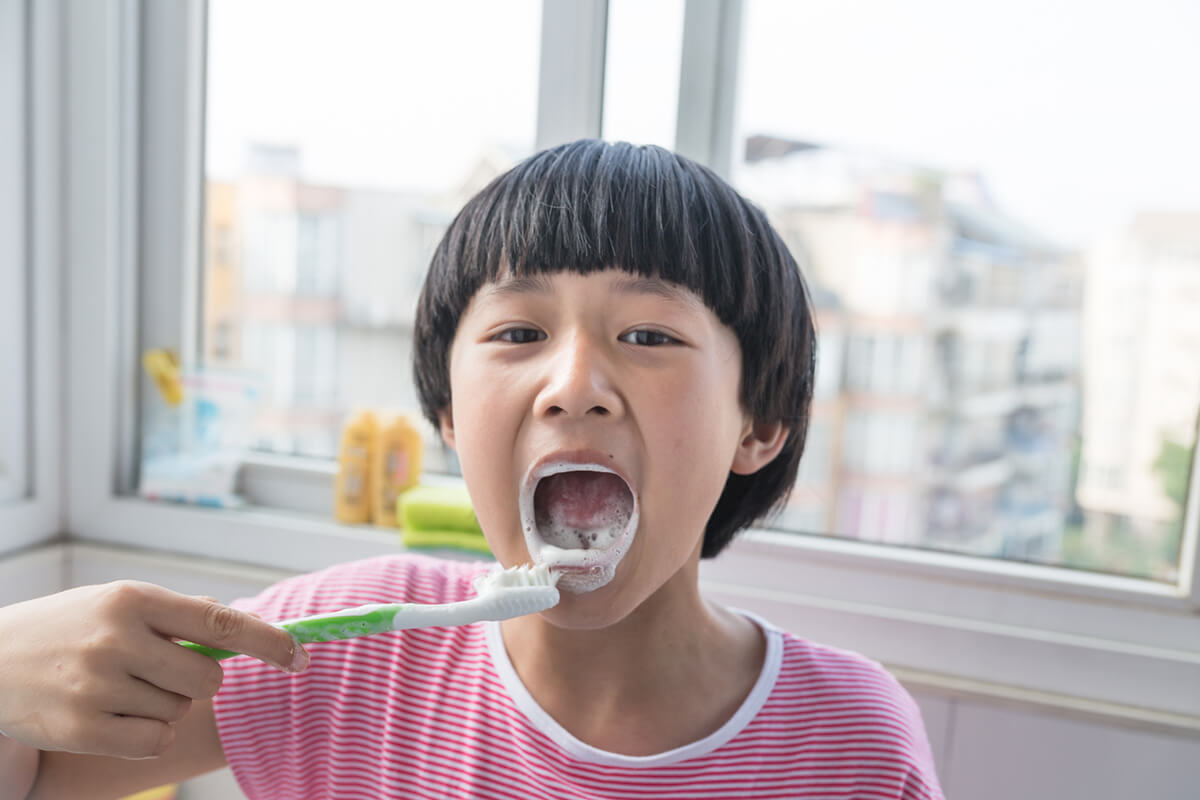Taking your child to the dentist is a critical part of providing them with good oral hygiene. It is important to make the right decisions when it comes to your child’s dental health and to understand when the right time is to take them in for a check-up.
This article provides you with an understanding of when to take your child to the dentist, as well as tips and advice on how to ensure that your child’s teeth stay healthy and strong. With this knowledge, you can rest assured that your child is receiving the best possible care for oral hygiene.
Benefits of Taking Your Child to the Dentist
Dental health is extremely important for children and teens, as it is the first step to developing a healthy and confident self-image.
Going to the dentist regularly will help to prevent cavities and other oral health problems before they become a bigger issue. Plus, regular visits can also improve mood, self-esteem, and overall cognitive function.
Dentists can fix oral health problems that your child has, such as cavities, gum disease, and bad teeth. By taking your child to the dentist, they will be much more likely to have their oral health stay healthy as they get older. A regular dental visit helps your child to avoid the negative effects of poor oral health. If they have healthy teeth, they will be less likely to experience symptoms such as bad breath, mouth pain, gum disease, and tooth decay.
When to Take Your Child to the Dentist
The age at which you take your child to the dentist will depend on a few factors, including your child’s developmental stage and overall oral hygiene habits. If your child has a high risk for developing dental problems, like if their teeth are crooked or they are having pain while eating or drinking, they should start seeing the dentist when they are very young.
On the other hand, if your child is at an age where they are likely to get most of their cavities while they are still young, they may be better off waiting until they are older to have them fixed. The American Dental Association provides a helpful chart that can help you to decide when the best time is to take your child to the dentist.
Tips for Good Oral Hygiene
Many of the same practices that adults implement during their daily oral care also apply to children.
- Use good toothpaste and toothbrushes.
- Brush your teeth for two minutes, as directed.
- Floss once a day.
If your child brushes with a soft bristle brush twice a day, they can remove plaque and prevent as much tooth decay as a brush with a medium or stiff bristle once a day. Stiff bristle toothbrushes also have the added benefit of removing excess harmful bacteria from your child’s teeth. When your child is done brushing, they should rinse their mouth thoroughly. This will help to prevent cavities, gingivitis, and bad breath. Not rinsing can also lead to the buildup of harmful bacteria in the mouth, which can lead to tooth decay and other oral health problems.
What to Expect During a Child’s Dental Visit
During a dental visit, your child’s dentist will give them a thorough exam, check their teeth, and examine their mouth and throat for signs of oral health problems. The dentist will also give your child instructions about how often and how hard to brush their teeth.
Your dentist may also use x-rays, digital images, and other dental equipment during the visit to check your child’s teeth and gums. While some dental offices provide a calming atmosphere for children, others may be loud and scary. It is important to choose a dentist that you feel is a good fit for your child.
Common Oral Health Issues in Children
Bad Breath – Bad breath is a common sign of oral health problems, such as cavities or bad teeth. Most of the time, bad breath is also caused by poor oral hygiene habits and diet choices. If you notice that your child has bad breath, ask them to brush their teeth and floss more often and use mouthwash if necessary.
Cavities – Teeth are made of hard, tooth-shaped mineral crystals. Over time, these crystals become worn down, which creates space between teeth. When food and drink contains high amounts of acid, this weakens the tooth’s mineral content. When the acid breaks down the tooth’s minerals, they become susceptible to decay and other oral health problems.
Gum Disease – A buildup of plaque, a collection of bacteria that feed on the sugars in your mouth, and on your teeth, can lead to gingivitis. Eventually, if it is not treated quickly, gingivitis will lead to periodontal disease, a serious oral health problem that can cause pain, tooth loss, and even a mouth full of bacteria.
Tooth Decay – Decay is caused by the bacteria found in plaque, leading to the gradual weakening of your teeth and the development of cavities.
Preventative Pediatric Dentistry in Roslyn Heights
Regular dental visits help prevent cavities and other oral health problems. Having your child’s teeth cleaned every six months helps ensure they develop strong, healthy teeth and gums for life.
To learn more about preventive dentistry and to schedule an appointment, contact us today at 516-625-3806.

